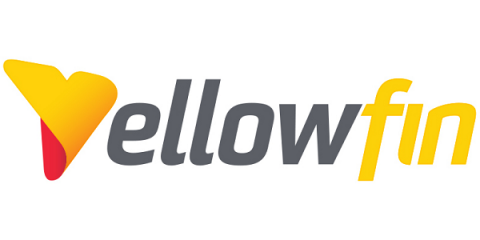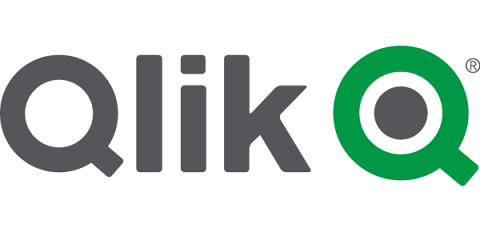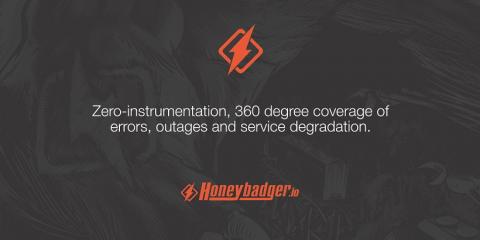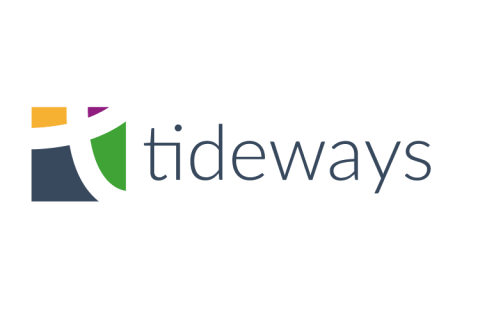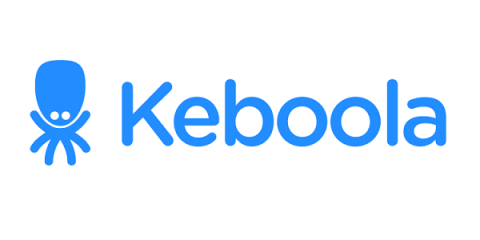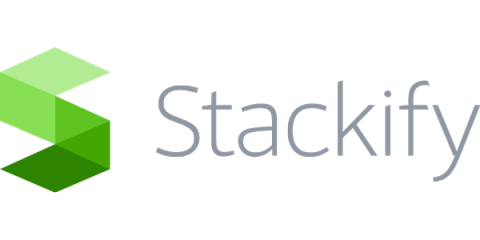Why data catalogs are on the rise
A really interesting development I’ve seen in the data and analytic space lately is the rise of the data catalog. You may know these by another name such as a semantic or metadata layer, but they’re all fundamentally the same thing. Data catalogs aren’t new, they’ve been around for a long time. While some vendors like Yellowfin and Cognos have always had them, others like Tableau and Qlik are now just getting to them.


